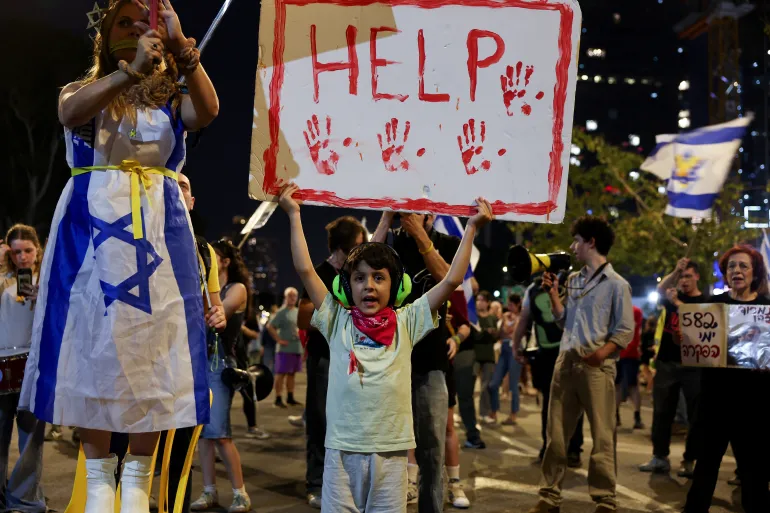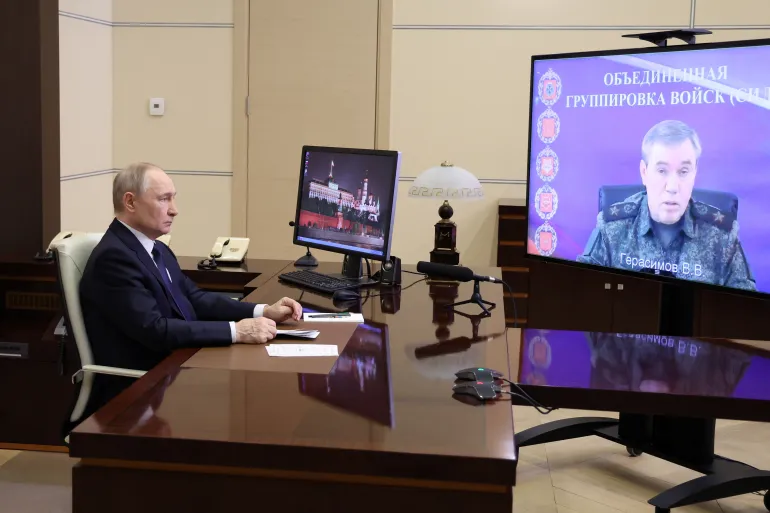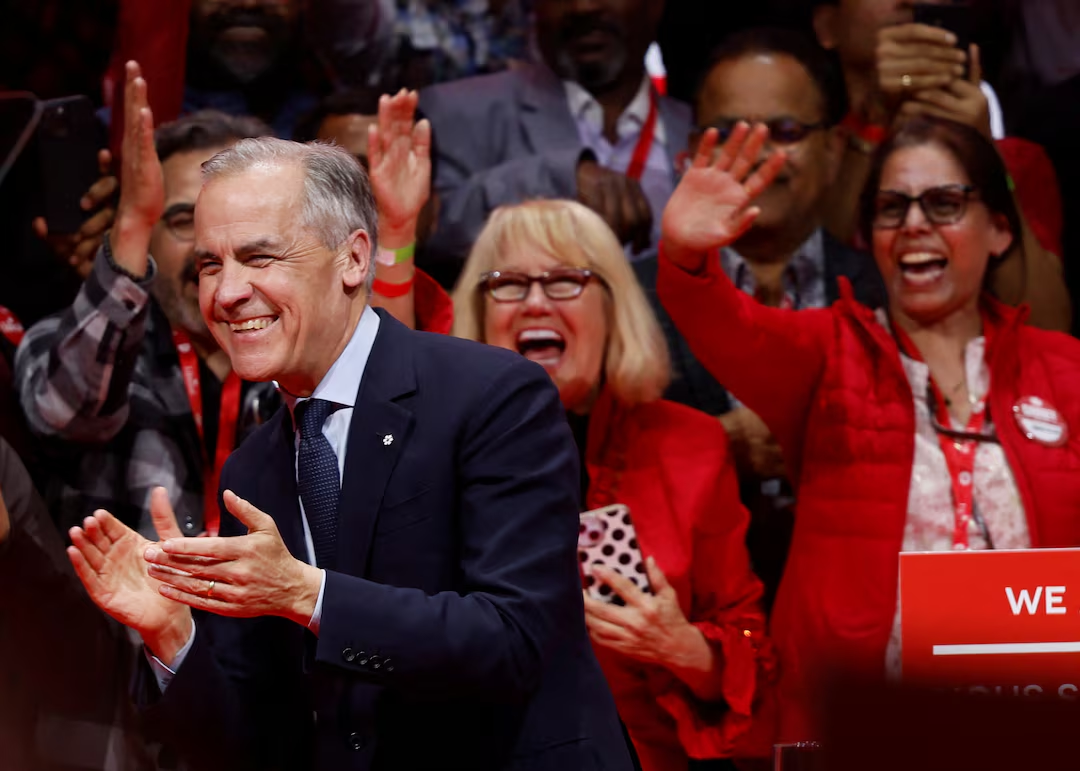Iran’s Supreme Leader Ayatollah Ali Khamenei on Wednesday firmly rejected a recent U.S. proposal related to Iran’s nuclear program, asserting that accepting it would compromise Iran’s national strength. His comments come at a time when nuclear diplomacy between Tehran and Washington remains stalled, and tensions in the Middle East continue to rise.
Speaking during a televised address, Khamenei criticized the content of the U.S. offer without specifying its exact terms but declared that any agreement that would “weaken Iran’s nuclear infrastructure” was unacceptable. He added that the proposal, in its current form, would diminish Iran’s ability to maintain its sovereign capabilities, calling it a threat to the nation’s dignity and deterrence.
Khamenei’s remarks appear to directly target efforts by U.S. and European negotiators to revive curbs on Iran’s nuclear activities in exchange for sanctions relief. These efforts have been ongoing since the U.S. withdrawal from the 2015 nuclear accord—formally known as the Joint Comprehensive Plan of Action (JCPOA)—under the Trump administration.
“The Americans are once again trying to deceive us with sweet talk,” Khamenei said. “They want to keep the sanctions while dismantling our nuclear progress.”
Iranian officials have stated they are open to negotiations but insist that any deal must fully respect Iran’s right to pursue peaceful nuclear energy. Iran also wants all sanctions lifted, particularly those related to oil exports and banking, before scaling back its enriched uranium production or allowing wider international inspections.
The Supreme Leader’s rejection is likely to stall progress toward any new agreement ahead of Iran’s upcoming presidential election. Iran is currently preparing to hold a vote to replace late President Ebrahim Raisi, who died in a helicopter crash last month. The election, scheduled for June 28, could play a pivotal role in determining the future direction of Iran’s foreign and nuclear policies.
Meanwhile, the United States has yet to publicly detail the terms of its latest proposal, but sources familiar with the negotiations told Reuters that the framework includes restrictions on uranium enrichment levels, enhanced International Atomic Energy Agency (IAEA) inspections, and phased sanctions relief. It remains unclear whether the Biden administration will adjust its approach in light of Khamenei’s statement.
In recent months, international concerns have intensified over Iran’s nuclear advancements. The IAEA has reported that Iran continues to enrich uranium well beyond the levels permitted under the 2015 agreement, bringing the country closer to potential weapons-grade capacity. Tehran has repeatedly denied seeking nuclear weapons, insisting that its activities are solely for civilian energy and medical purposes.
Khamenei has maintained that Iran will not negotiate under pressure or coercion. “We will not retreat from our rights, not even one step,” he declared during Wednesday’s address. His statement was met with applause from senior Iranian officials present at the event.
Iran’s nuclear standoff with the West has long been a flashpoint in broader geopolitical tensions across the region. Israel, a staunch opponent of the JCPOA, has threatened military action if diplomacy fails to contain Iran’s nuclear ambitions. At the same time, Gulf Arab states have called for a tougher stance on Iran, citing concerns about missile development and proxy forces.
With diplomatic avenues narrowing and Khamenei drawing a firm line, analysts say the path to renewed nuclear cooperation looks increasingly uncertain. Attention now turns to how the Biden administration will respond—and whether other world powers, including China and Russia, will attempt to play a mediating role in the months ahead.
Source; Reuters



